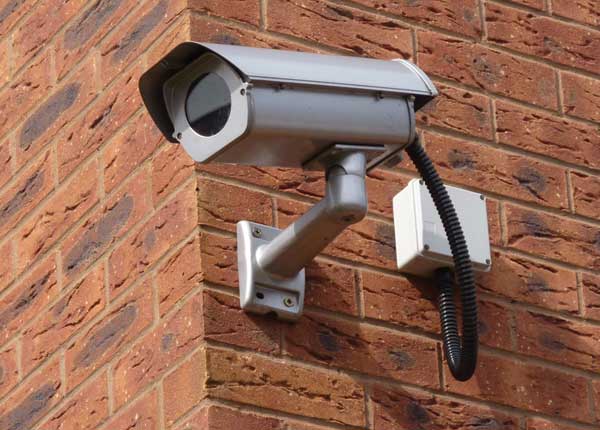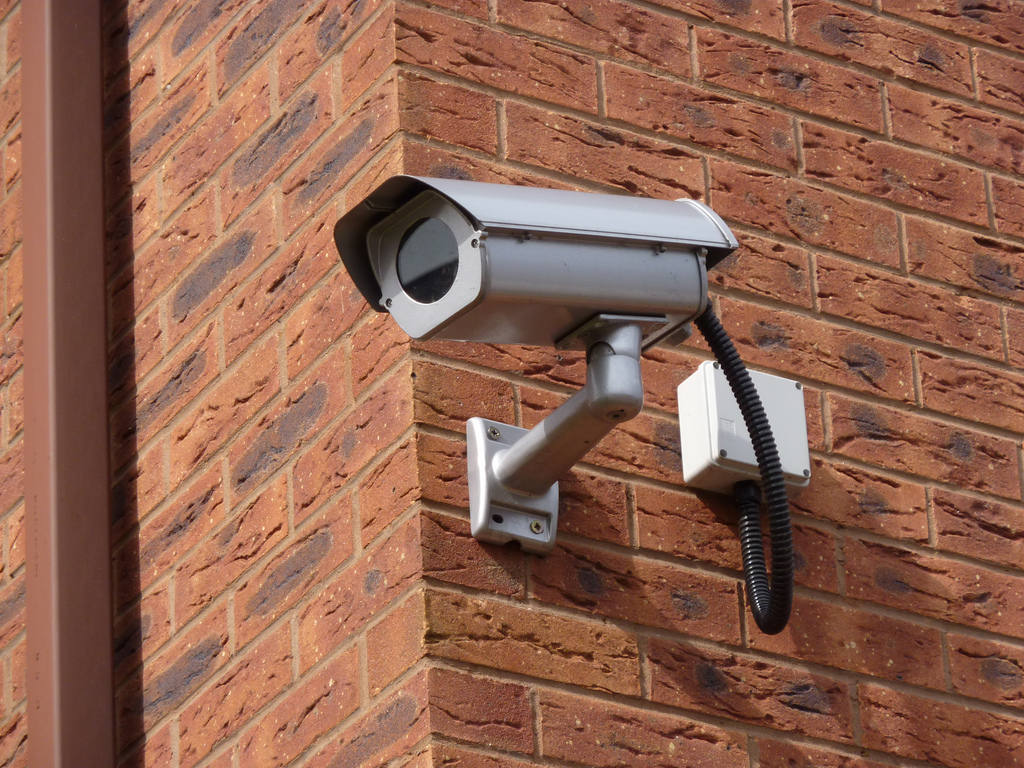A pitch to councils has come from the Australian Institute of Criminology (AIC) to participate in an online survey about their use of closed-circuit-television (CCTV) cameras.
All local governments across Australia have been invited to contribute their perspective in the AIC’s survey, which is a part of its latest research that explores the extent and nature of CCTV use in Australia.
The use of CCTV as a tool for governments to maintain security and potentially deter crime has made it a significant weapon in the field of crime prevention, so the AIC is interested in developing a “national picture” of CCTV use in 2014.
This “national picture” will give the AIC allow the federal government to see whether the Commonwealth, state and local governments are getting their value for money in their “ongoing investment” in CCTV.
When the research is completed, it is likely to provide the AIC with a significant update on the trends of CCTV use, which has grown substantially since the AIC published its comprehensive manual titled Considerations for Establishing a Public Space CCTV Network in December 2009.
This online manual stressed that it is essential any organisation looking to implement a CCTV system should undertake adequate planning before embarking on this form of crime prevention because it’s “not a panacea for crime”.
Rather the manual suggested that although public space CCTV systems can prevent crime, it is only achieved when careful consideration is given to all of the components of the system and where there is detailed understanding of crime in the local area.
The manual also warned that once these systems are installed, they are rarely removed, which necessitates a long-term commitment, and that many crime prevention outcomes are best achieved through a combination of measures rather than relying solely upon CCTV.
The use of CCTV by local government has come under intense scrutiny in recent years, which was brought to the forefront in May 2013 when New South Wales Attorney General Greg Smith was under pressure to clarify to what degree local governments can legally operate surveillance cameras in public spaces.
This followed a landmark decision in the state’s Administrative Decisions Tribunal that ordered Shoalhaven City Council to switch off its CCTV cameras in Nowra after a privacy complaint was made under the Privacy and Personal Information Protection Act 1998.
This decision by the ADT led to an existential crisis for the use of CCTV in councils across NSW, because of the question of whether of the difference between ‘law enforcement’ and crime prevention in terms of how the cameras are operated.






Good read!